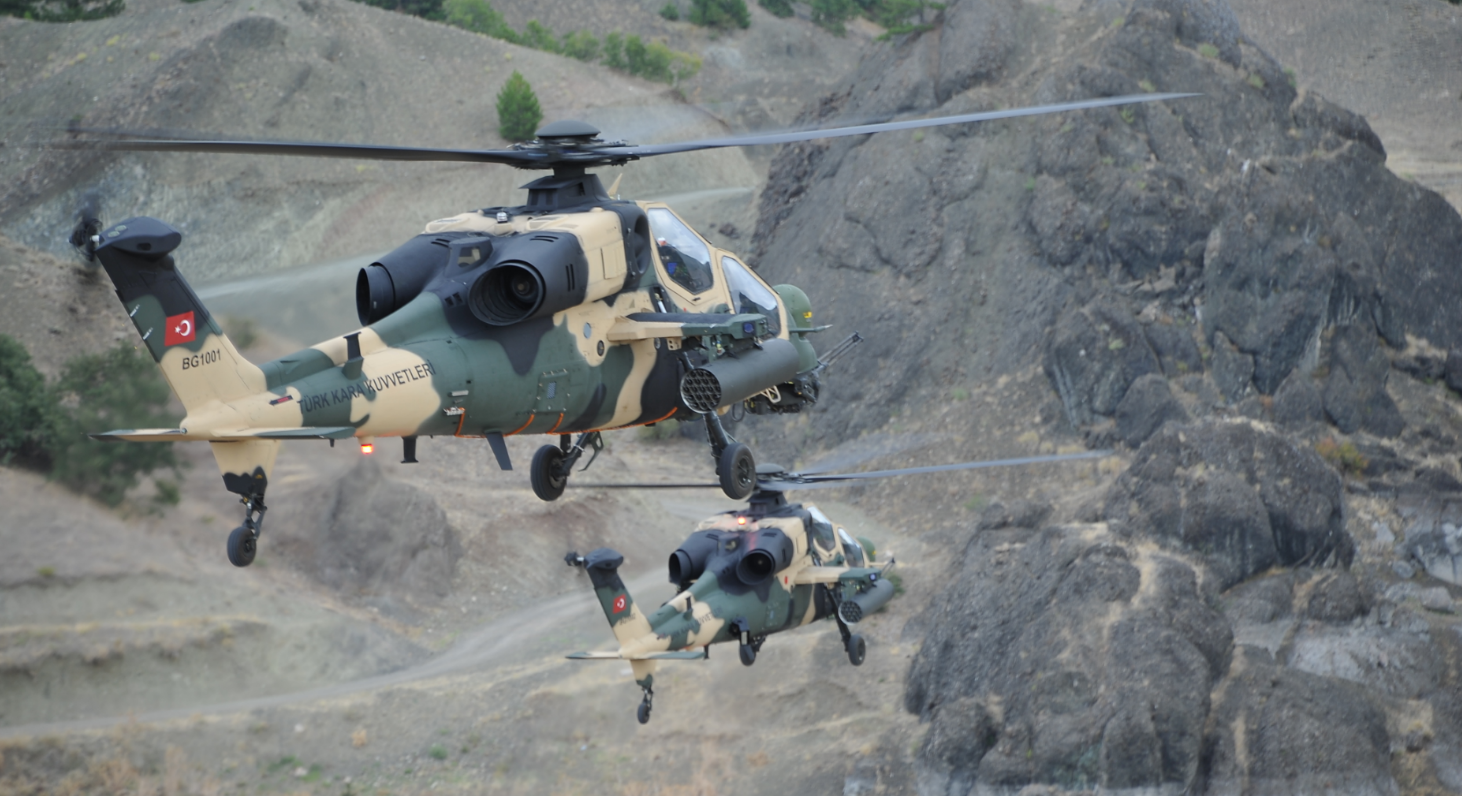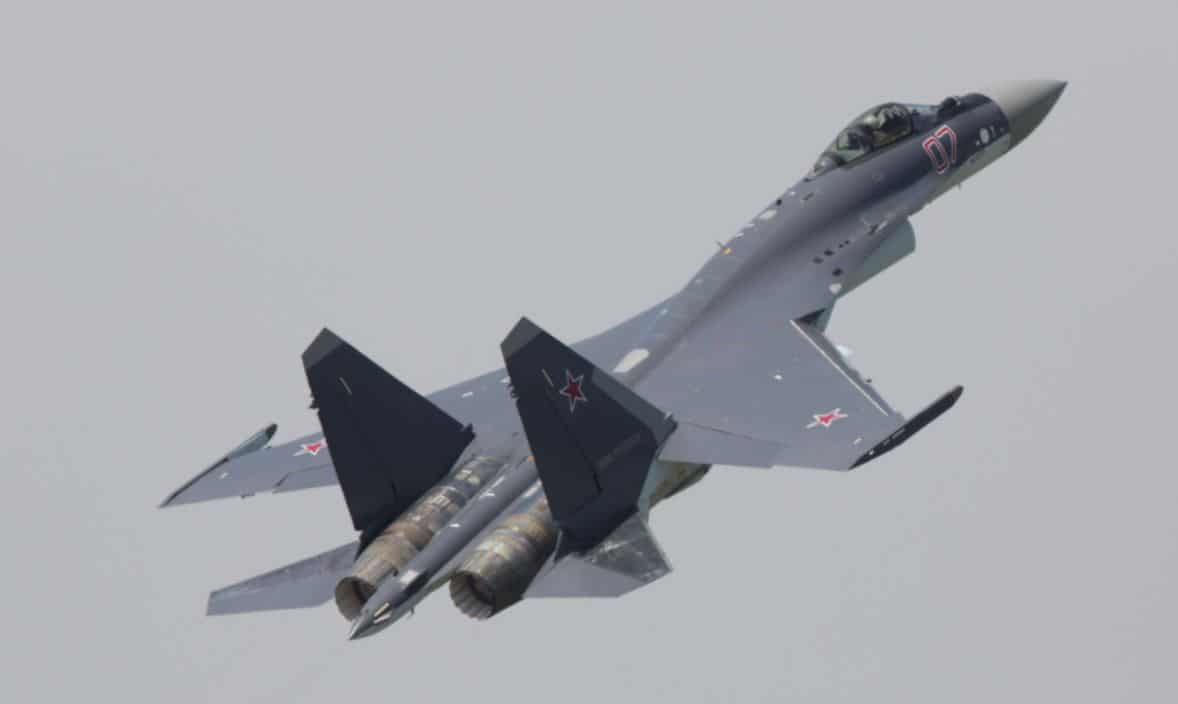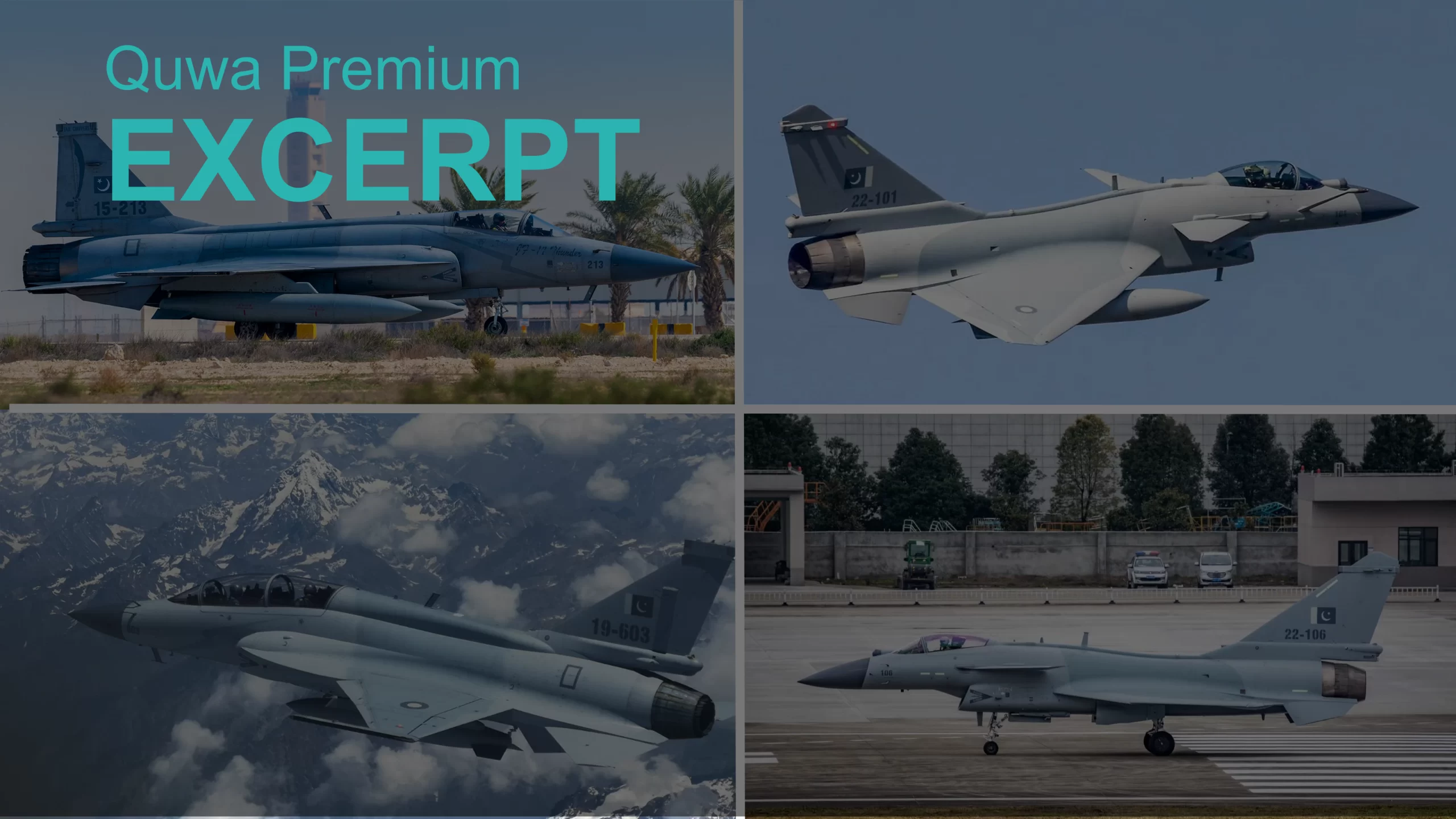27Views 11Comments

Turkish universities agree to collaborate on turboshaft technology
The Anka University of Technology and Kharkov Technical University have signed an agreement to partner and collaborate on the development of turboshaft engines.
Backed by the Government of Turkey and its general aim to indigenize its defence sourcing as much as possible over the medium and long-term, the collaboration effort will support the national Turboshaft Engine Development Program (TMGP), which is under the purview of TEI – TUSAŞ Engine Industries, Inc.
Notes & Comments:
For the Turkish armed forces and defence industry, the national turboshaft program is a long-term goal, but the interim – especially for the short and medium-term – effort is centered on foreign technology.
A critical aspect of that strategy is the Turkish engine vendor TEI’s partnerships with the Light Helicopter Turbine Engine Company (LHTEC), which itself is a venture between American and British engine manufacturers Honeywell and Rolls-Royce, respectively. The LHTEC CTS800 powers the Turkish Aerospace Industries (TAI) T-129 dedicated attack helicopter, and the very same turboshaft had been selected to power the Turkish Light Utility Helicopter (TLUH) platform.
That said, TEI has not wasted its dependence on LHTEC. Through its role to serve as the principal local vendor for providing propulsion solutions for the T-129 and TLUH, TEI has been in the midst of building its capacity to offer maintenance, repair and overhaul (MRO) services, assemble, and even manufacture (at least a portion) of the requisite parts.
In fact, the LHTEC partnership is not the only venture through which this is being pursued; General Electric (one of TEI’s owners) will be manufacturing the T-700 turboshaft at TEI’s facilities in Turkey (so as to support the T-70 Black Hawk helicopter program).
It will be a long road for Turkey’s indigenous turboshaft development program, but the industry as well as research and development infrastructure to at least start is certainly in place. It will be worth observing to what extent TEI will seek overseas technical support (read: intellectual property licensing) as a means to bring its design to fruition.


